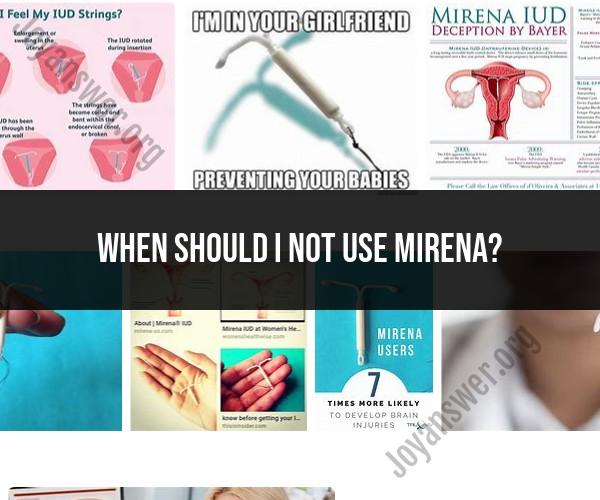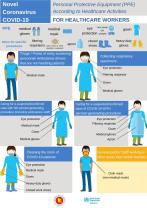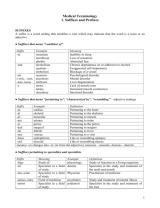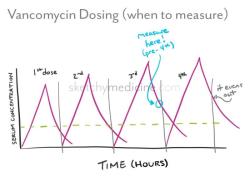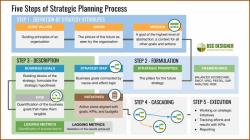When should I not use Mirena?
Mirena is a hormonal intrauterine device (IUD) used for birth control and for the treatment of heavy menstrual bleeding in women who prefer an IUD as a treatment option. While Mirena is a safe and effective contraceptive for many women, there are certain situations and medical conditions where it may not be recommended or suitable. Here are some important considerations for when not to use Mirena:
Pregnancy: Mirena should not be used if you are already pregnant. It is designed for use as a contraceptive and should be inserted when you are not pregnant.
Known or Suspected Pregnancy: If you experience symptoms or signs of pregnancy while using Mirena, such as missed periods, unusual bleeding, or abdominal pain, you should contact your healthcare provider immediately to rule out pregnancy.
Pelvic Inflammatory Disease (PID): If you have a current or recent history of pelvic inflammatory disease, Mirena may not be recommended. PID can increase the risk of complications if the IUD is inserted during an active infection.
Certain Gynecological Conditions: Some gynecological conditions, such as uterine or cervical cancer, may contraindicate the use of Mirena. Your healthcare provider will evaluate your specific medical history and condition to determine if Mirena is safe for you.
Abnormal Uterine Bleeding: If you have unexplained abnormal uterine bleeding or certain bleeding disorders, Mirena may not be suitable. Your healthcare provider will assess your bleeding pattern and diagnose any underlying causes.
Uterine Abnormalities: Structural abnormalities of the uterus may affect the placement and effectiveness of Mirena. Your healthcare provider will evaluate your uterus to determine if Mirena can be properly inserted and positioned.
Allergic Reactions or Sensitivity: If you have a known allergy to any components of Mirena, it should not be used.
Liver Disease: Severe liver disease or liver tumors may affect the metabolism of hormones in the body, and Mirena contains a hormone (levonorgestrel). Your healthcare provider will consider the potential impact of liver disease on the use of Mirena.
Certain Medical Conditions: Some medical conditions, such as uncontrolled high blood pressure or a history of stroke or heart attack, may impact the suitability of Mirena. Your healthcare provider will assess your overall health and medical history.
Recent Childbirth or Abortion: While Mirena can be inserted after childbirth or an abortion, the timing and method of insertion may vary depending on individual circumstances. Your healthcare provider will provide guidance on when it is safe to insert Mirena.
It's essential to have a thorough discussion with your healthcare provider about your medical history, current health status, and contraceptive needs before considering Mirena or any other form of birth control. Your healthcare provider can help you determine if Mirena is a suitable option for you and address any potential contraindications or concerns.
